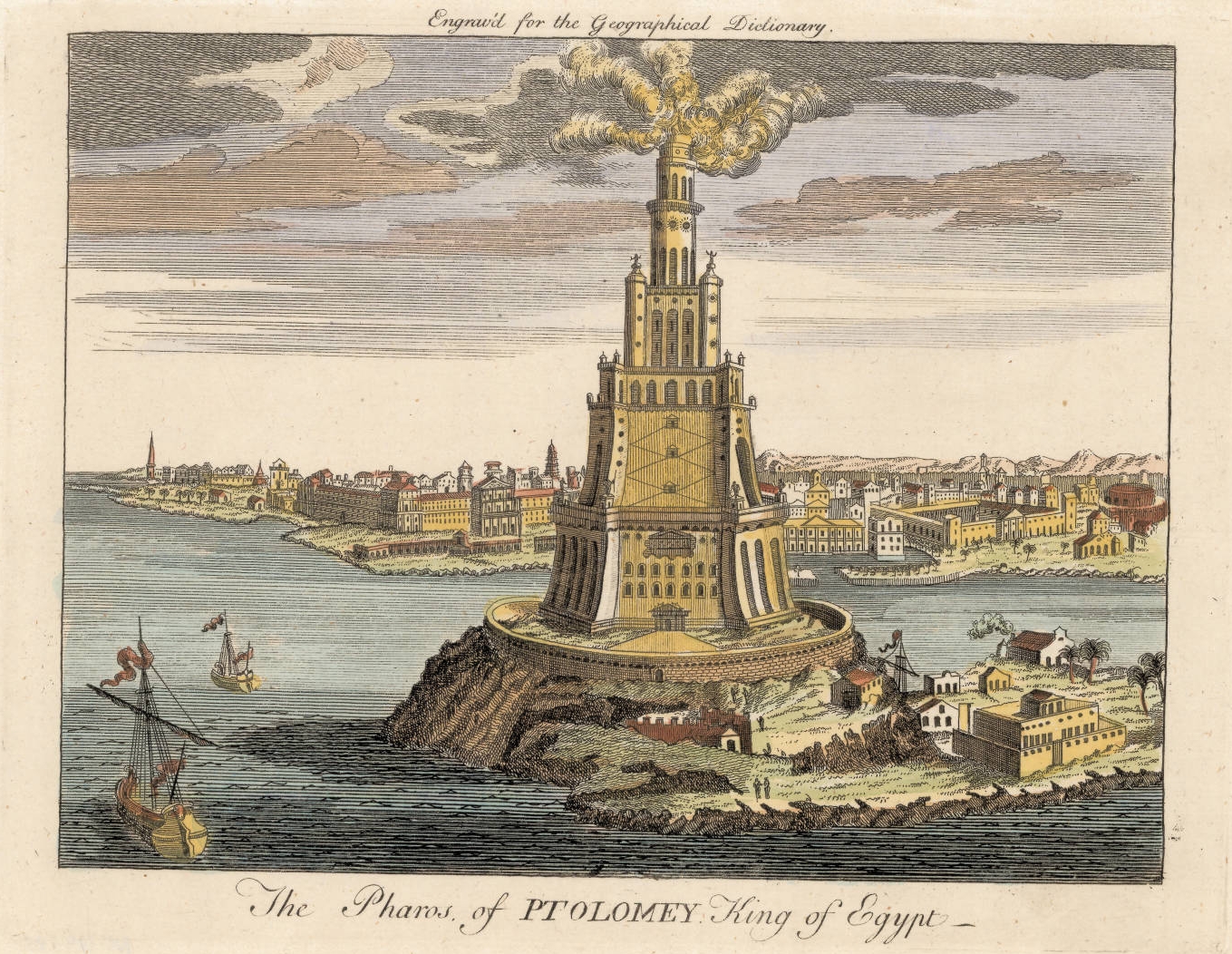Happy NaNoWriMo. I'm doing it this year. Rough day to have to start, but I got some writing out there, so I guess that counts for something. Will catch up on words tomorrow or Sunday. P.S. I'm finally writing a novel. Be excited. Maybe not about this chapter (it's intentionally dry for my own purposes), but be looking for stuff all this month, and if for some reason it lags, get on my case about it.
"There will be order in the council room!" The Speaker's ring pulsed white, and the room fell into an anxious hush as the other two tribunal members entered the room and assumed their seats at the front of the crowded hall. The Speaker himself could not have been older than fifty, though his hair, like the oculus shard on his ring, was white like the Northlands snow that my father told me about when I was young. The other two tribunes were younger, kinder, though their eyes spoke of years of judiciary training which had weighed heavy on their minds. The younger of the two, a woman, looked like she might have been from a different city, maybe Sarta, to the south, but it was difficult to distinguish her facial features through the customary black paint of criminal justices.
Catching the direction of my gaze, my court-appointed legal rep leaned toward me and whispered excitedly. "She's one of ours." My excitement apparently was restrained, because he slid he chair closer to mine and continued in subdued animation: "We worked for
months to win her over. I honestly didn't think we would get her, what with her being from the south. You know how tight-fisted they can be, but we got 'er in the end. Just took a few trade licenses from our friend at the ministry of commerce. You know 'im--old codger by the name of... by the name... oh, doesn't matter much anyway. We got her."
The Speaker's voice boomed again across the hall. "This morning's case is that of Private Jonah Cross. The defendant will please rise." I felt an elbow jab to my ribs and clamored noisily to my feet. "Jonah Cross. You are brought here hereby accused by Commander Raga of the Salamander Legion on charges of endangering the success and well-being of your battalion, compromising of your mission, and willfully disobeying your commanding officer. The details of this mission are yet classified and will not be discussed at this time, but what have you to say of these matters? Private, how plead you to these charges?"
"Not guilty," I heard myself mumble. The third tribunal member, a slim, young man with honeyed curls of hair, gestured to me to take my seat, and I felt the hard wooden seat rise up beneath me as the legal rep leaned in once more:
"He's also pretty new, blondie over there, but you have nothing to worry about. We made he second largest contribution to his campaign last year, and my daughter played air tag with his son two or three weeks ago. I talked to him before the case, and he's on our side. He assured me that everything would go according to our plans.
/\/\/\/\/\/\/\/\/\/\/\/\/\/\/\/\/\/\/\/\/\/\/\/\/\/\/\/\/\/\/\/\/\/\/\/\/\/\/\/\/\/\/\/\/\/\/\/\/\/\/\/\/\/\/\/\/\/\/\/\/\/\/\/\/\/\/\/\/\/\/\/\/
of snow, before he died. He used to tell stories about his missions along the Ivory Wall, skirting along the base of the snow-laden cliffs in search of the Alchemist's Road. They never did find it, though. Or him.
It's like Bara the merchant says: "One day they're here, and every other day, you just wonder and wait."












 Well, I've been dabbling in sprite design, so I decided to post a few just for fun. The pair is a couple friends of mine who happen to be married now, and the sassy lady is just a sassy lady from my imagination. That is all.
Well, I've been dabbling in sprite design, so I decided to post a few just for fun. The pair is a couple friends of mine who happen to be married now, and the sassy lady is just a sassy lady from my imagination. That is all.

















